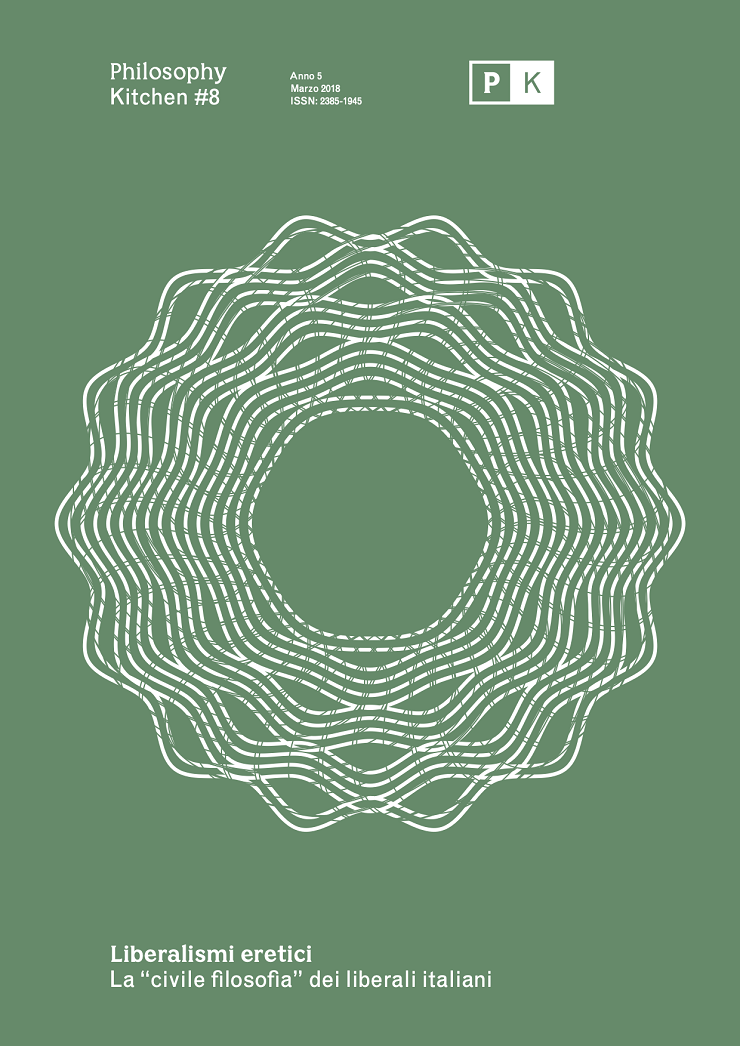Nel nome della rivoluzione liberale. Da Gobetti a Bobbio
DOI:
https://doi.org/10.13135/2385-1945/3940Abstract
This article is a brief overview on Italian liberalism from Gobetti to Bobbio and, in particular, it offers a view about the difference between the Benedetto Croce’s liberalism and the “heretic” liberalisms, such as “Socialismo liberale” of Rosselli, “Liberalsocialismo” of Aldo Capitini and Guido Calogero, or liberal thought of Piero Gobetti, Guido De Ruggiero, Luigi Einaudi, Carlo Antoni, Norberto Bobbio. Eretic liberalisms made a concept of “social justice” in opposition to Croce’s «religion of Freedom». Gobetti developed the concept of “liberal revolution” starting from the experience of factory workers, but his thoughts were collected by other authors to counter Croce’s historicism. Croce’s philosophy was too abstract and it was not adequate to solve concrete problems, including the question of social justice. The problem of freedom, as human and not divine thing, has been at the center of the philosophical and political debates of the first half of the twentieth century. Rosselli and Calogero are combining freedom with justice and they gave dignity to men. De Ruggiero wants to change reality with a conscious use of the freedom of the individual. Capitini speaks of “nonviolence” and rejects the idealist Will, while Einaudi believes in “private property”. Bobbio, in opposition to Croce’s Spirit, believes in democracy, because it is the space in which man expresses his individual choices. Some of these authors have been part of the Partito d’Azione and they fought hard against fascism.






